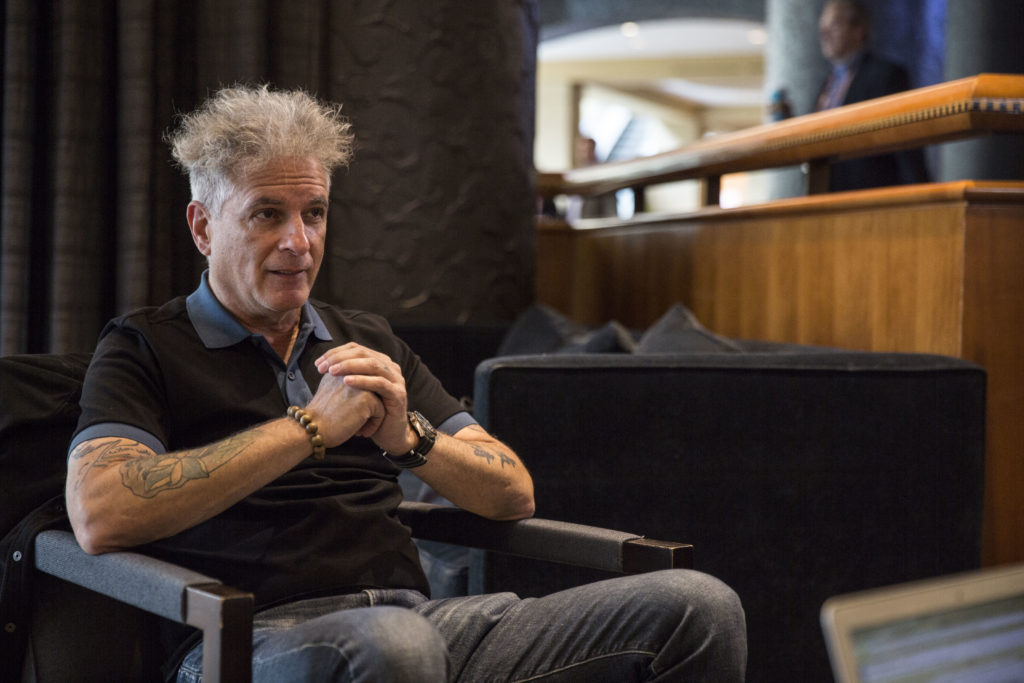Sabra Healthcare REIT (Nasdaq: SBRA) plans to take an incremental approach to growing its behavioral health portfolio.
The Irvine, California-based real estate investment trust (REIT) has invested just over $800 million in the behavioral health space but finds opportunities to grow that business less frequently than its other segments, according to its Q3 earnings call.
Strategy
Sabra’s investment in behavioral health includes 17 properties and two mortgages. It is continuing to meet with established and smaller operators to expand its behavioral portfolio.
The REIT added Recovery Centers of America to its stabilized pool in the second quarter and found that it achieved profitability quicker than its other investments.
“The break-even point of this property type occurs at a much lower occupancy level than in skilled nursing and senior housing,” Talya Nevo-Hacohen, chief investment officer of Sabra, said on the earnings call.
Sabra completed the first phase of the redevelopment of a 132-bed residential treatment center in Greenville, South Carolina in late September.
Despite the accelerated path to profitability, Sabra finds fewer behavioral health opportunities when compared to its other business segments.
“On the behavioral side, those opportunities just don’t come up very often, as we’ve talked about,” Rick Matros, president and CEO of Sabra, said. “It’s a very young base and there are a lot of tried and true operators. I think any growth there will be incremental.”
The company has previously focused heavily on diversification but is now prioritizing earnings.
“We’re not digging our heels in and saying, ‘We don’t want to go up a point or two on exposure for skill, so we’re just not going to do this deal,’” Matros said. “We need to grow earnings again…. So we’ll take advantage of the opportunities that we see out there.”
Sabra announced that its portfolio was performing as well as it ever has.
“The work we put in to improve our portfolio has positioned it to be stronger than it was pre-pandemic,” Matros said. “We’re much better positioned than we were at any point in time, however far you want to go back, not just before the pandemic.”
Challenges
Although Sabra has seen labor shortages improve, staffing woes aren’t over.
“I hope you’re not hearing that everything’s hunky dory from anybody else on labor because it isn’t,” Matros said. “It’s just better than it was and it keeps improving. The wage increases in 2023 are not nearly as high as they were in 2022. When you bring temporary agency down because that is so expensive, particularly with the price gouging that occurred during the pandemic, even when you’re raising wages on your employees, you’re in better shape from a margin perspective because of the cost of that temporary agency.”
Staffing shortages are just one of the organization’s pain points. It has also faced challenges with its partner organizations.
Sabra plans to continue business as usual, despite h one of its partners that coming under fire in recent months.
Substance use provider Landmark Recovery landed in hot water for the deaths of four patients in its care. It recently closed three centers and laid off 33% of its workforce.
“As far as Landmark is concerned, they’re less than 1% of our NOI,” Rick Matros, president and CEO of Sabra, said. “There were some issues raised around it, but they’re staying current on rent so it’s immaterial to us.”
Sabra plans to continue steering in its current direction regarding future growth.
“We don’t need to do anything large, anything transformative, anything noisy,” Matros said. “Just singles and doubles and just have steady predictable growth.”



